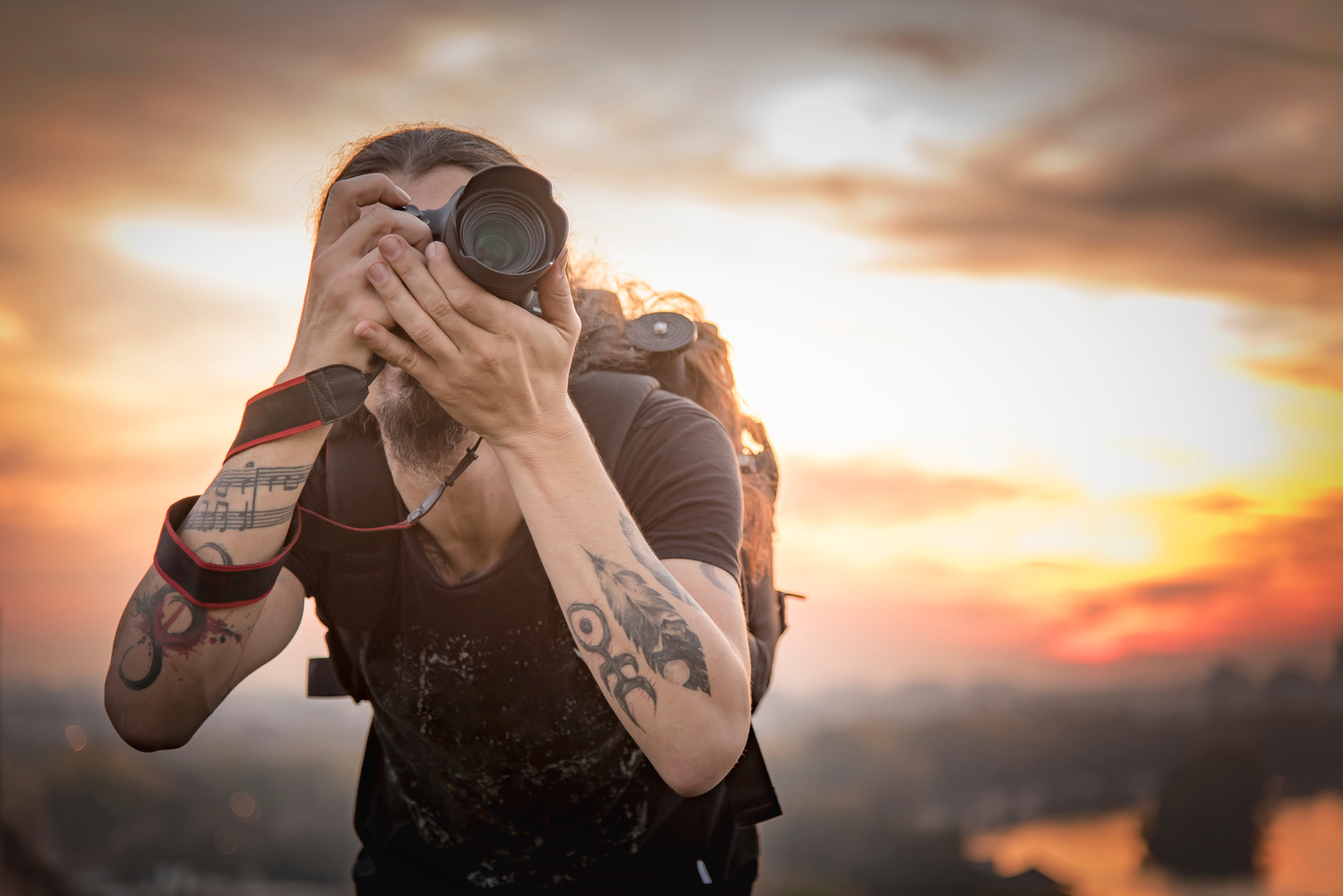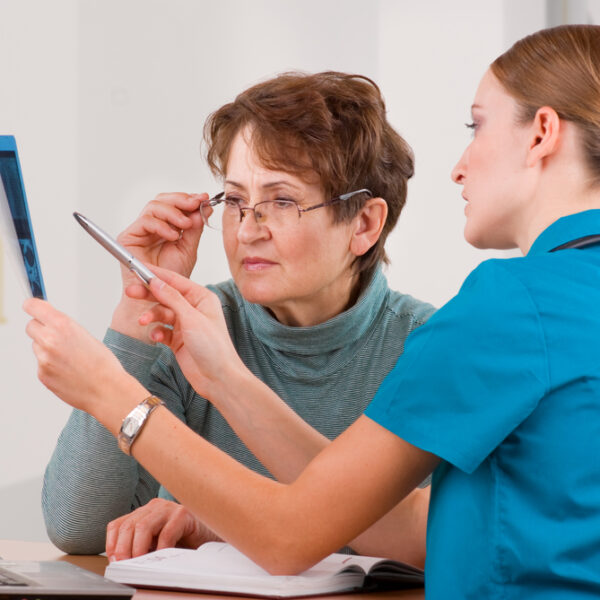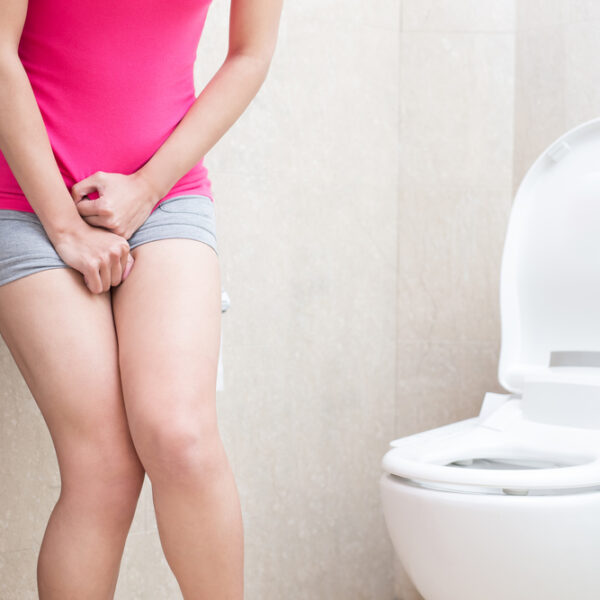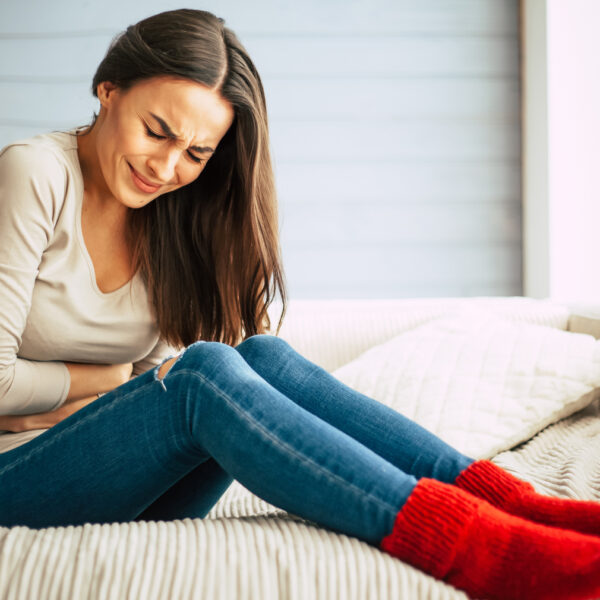A Buying Guide For A Secondhand Camera
A buying guide for a secondhand camera
All of us love a good deal, especially on high-end gadgets. Yet, sometimes, when the price tag runs too high, we consider purchasing a secondhand. The DSLR cameras may often cost thousands of dollars and thus prove to be too expensive. But, why give up on a dream of owning a great camera and resulting photo output that is fabulous. You may simply purchase a secondhand one.

While purchasing secondhand gadgets is often not recommended due to the fear that the piece might be damaged, more often than not you do get value for money if you know what to look for. Here are some tips about buying secondhand cameras.
What are the main features to check when purchasing a secondhand camera?
- Begin by checking how old the camera model is. Very old models may not have certain features, such as Bluetooth or GPS, that are available in the newer cameras.
- Turn the lens around to focus and unfocus. Make sure the lens moves smoothly.
- Make sure none of the buttons are stuck, hard to press, or have fallen out.
- Look for any major damage on the camera or lens body.
Are there any particular checks to be done on the camera lens?
- Even if you are new to photography and are unfamiliar with the terms, all you need to do is conduct a basic test by clicking pictures and making sure the lens gives clean shots.
- Carry your laptop along so that you may zoom the images and examine their quality.
- Check that the camera is able to shots on both, the autofocus and manual modes.
- Hold the camera with the lens facing downward and check how well-fitted or lose the lens is. A slight dip is fine, but if the lens just falls outward and is loose, then it is not worth the price.
What are the physical aspects of the camera body to consider?
- Small scratches on the camera body are normal. But do look for large bumps and bits that may have broken off. These indicate the camera might have been dropped several times.
- If the camera body is being sold without a lens, check the lens mount to ensure that there is no issue in the proper fitting of the lens.
- Ensure the LCD screen is in a proper working condition. The LCD is one of the most expensive parts of a camera to replace.
- Check for dust particles in the viewfinder. A few particles are fine, but too many may indicate a possible problem.
What accessories should come along with a secondhand camera?
- There are certain accessories that you must look for when buying a secondhand camera.
- These include the camera battery, battery charger, and the USB transfer cable. Trying to purchase these separately might incur an unnecessary cost as well as a hassle in trying to find parts that match.
- In the case of a DSLR, the seller may or may not sell the camera body with the lens.
- Certain other accessories which the seller is not obliged to but may provide include a good quality camera case, camera strap, tripod, extra memory cards, camera manual, and lens filters. Getting these accessories along with your purchase definitely makes for a good deal.
Should I buy a secondhand camera online or from a person?
- If you plan to purchase a secondhand camera for the first time, do consider buying it from a shop.
- When buying from a physical retailer, you may check the piece and make sure that everything is working the way it should.
- If you plan to purchase secondhand from a website, then do make sure to opt for a verified or trusted seller.
- Shop from reputed names such as eBay or other well-known websites that offer pre-checked secondhand equipment.
- Finally, remember to do a proper research by reading the reviews of a seller before purchasing anything online. Sometimes if a deal sounds too good to be true, it probably is a bad deal. Pay a little extra, but never compromise on the camera and photo quality.
Disclaimer:
The content provided on our blog site traverses numerous categories, offering readers valuable and practical information. Readers can use the editorial team’s research and data to gain more insights into their topics of interest. However, they are requested not to treat the articles as conclusive. The website team cannot be held responsible for differences in data or inaccuracies found across other platforms. Please also note that the site might also miss out on various schemes and offers available that the readers may find more beneficial than the ones we cover.















